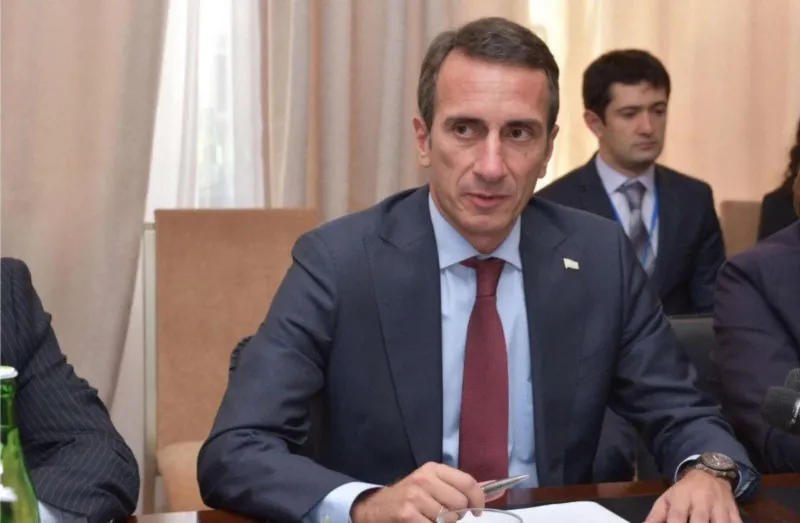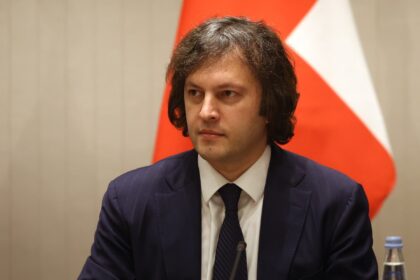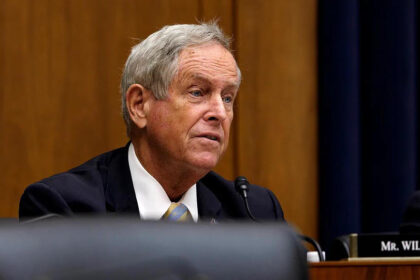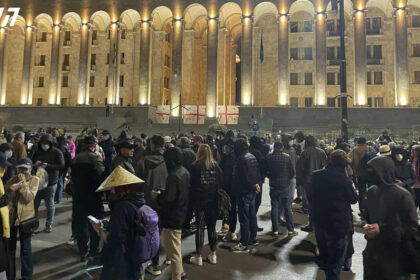**Georgia’s “Law on Occupied Territories” Sparks Controversy**
In a recent interview with Russian media, Oleg Bartsyts, the self-proclaimed Minister of Foreign Affairs of occupied Abkhazia, made a bold statement: Georgia must abolish its “Law on Occupied Territories.” This law has been a point of contention between Georgia and the two breakaway regions of Abkhazia and South Ossetia for years.
Bartsyts’ comments came after the Georgian leadership expressed interest in improving relations with their neighbors, including Russia. However, Bartsyts emphasized that these statements must be backed up by concrete actions, not just words. He stressed that Georgia needs to demonstrate its commitment to peaceful coexistence by signing an agreement on the non-use of military force.
**The “Law on Occupied Territories” – A Symbol of Tension**
So what is this “Law on Occupied Territories” that Bartsyts wants Georgia to abolish? In 2008, Georgia’s parliament passed a law that defined Abkhazia and South Ossetia as occupied territories. This move was seen by many in the breakaway regions as a provocation, further straining already tense relations.
By calling for the abolition of this law, Bartsyts is essentially asking Georgia to acknowledge the current reality on the ground – that Abkhazia and South Ossetia are de facto independent states. However, this move would also require Georgia to accept its loss of control over these territories, a difficult pill to swallow.
**Practical Steps Towards Peace**
Bartsyts’ demand for practical confirmation of good intentions is not unreasonable. For years, the international community has called on both sides to take concrete steps towards peace and normalization. The signing of an agreement on non-use of force would be a significant step in this direction.
However, it’s worth noting that Georgia has already taken steps to improve relations with Abkhazia and South Ossetia, including the establishment of trade ties and humanitarian aid programs. These efforts have been met with skepticism by some in the breakaway regions, who view them as token gestures rather than genuine attempts at peace.
**A Rocky Road Ahead**
The path towards peace and reconciliation between Georgia and its breakaway regions will likely be long and arduous. Bartsyts’ statement is a reminder that both sides must be willing to make concessions and take practical steps towards normalization if they want to achieve lasting progress.
As the Geneva format negotiations continue, it remains to be seen whether Georgia will respond positively to Bartsyts’ demands or stick to its current stance on the “Law on Occupied Territories.” One thing is certain – only time will tell if this latest development marks a genuine step towards peace or just another obstacle on the road to reconciliation.












